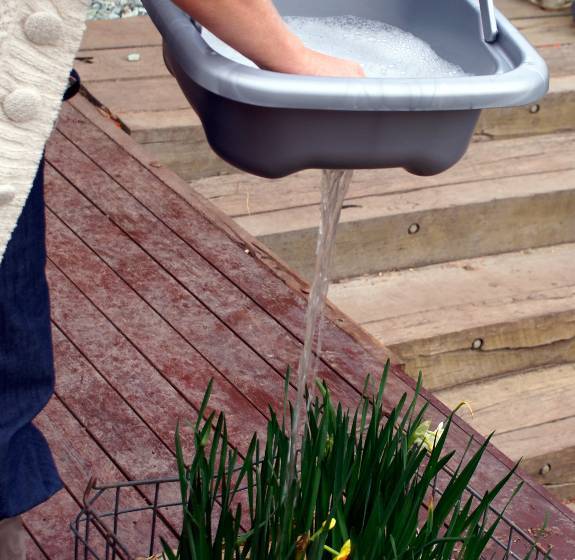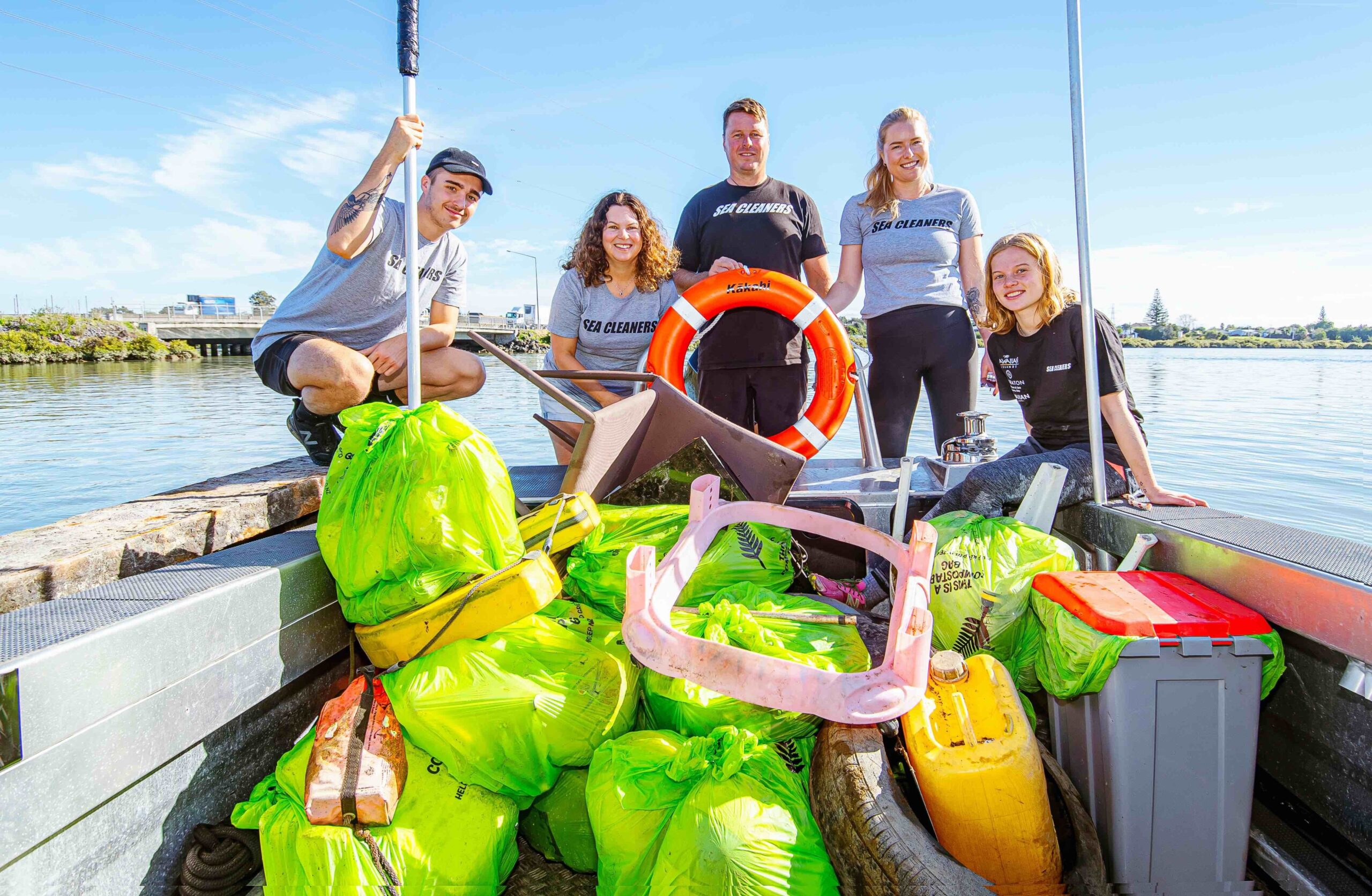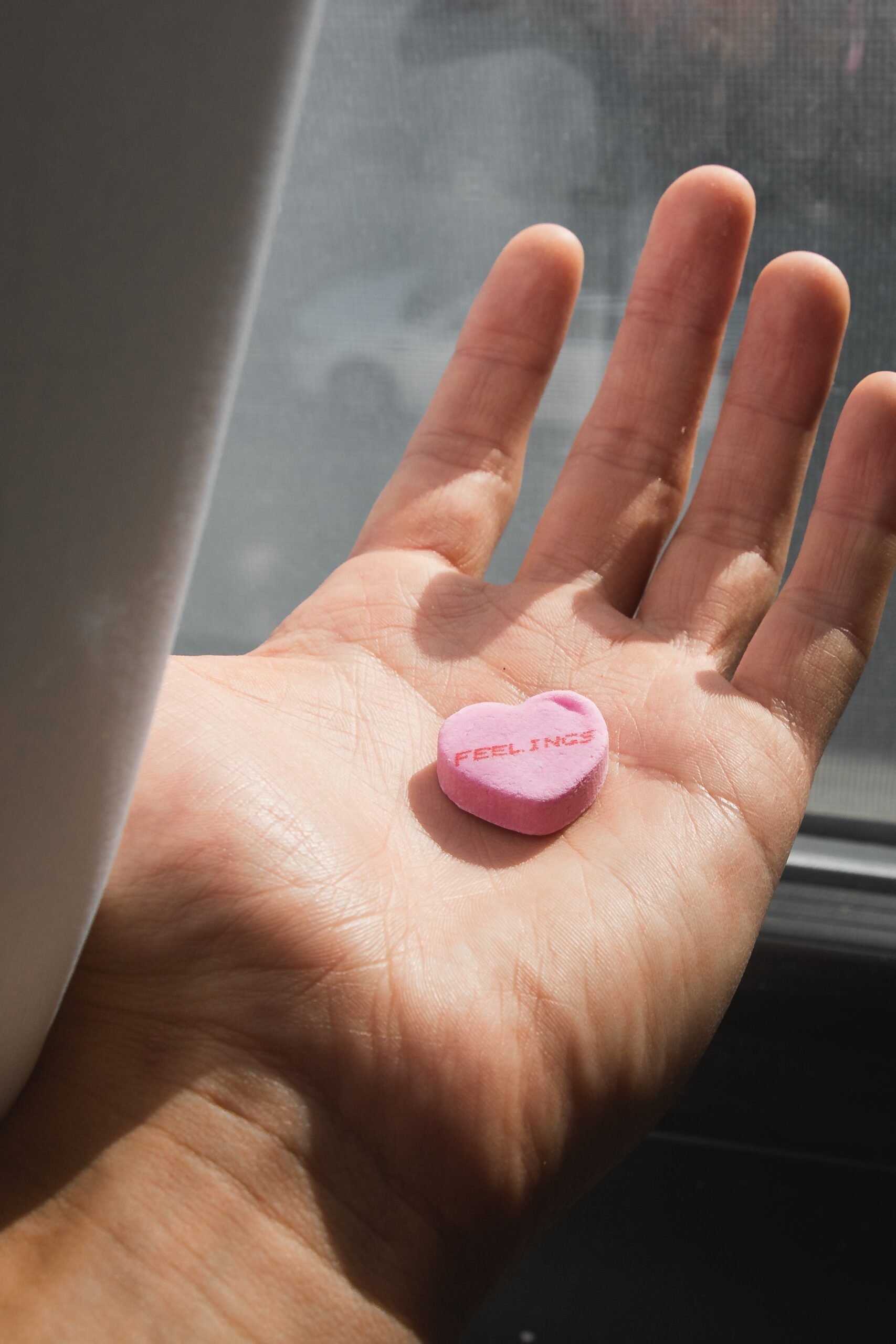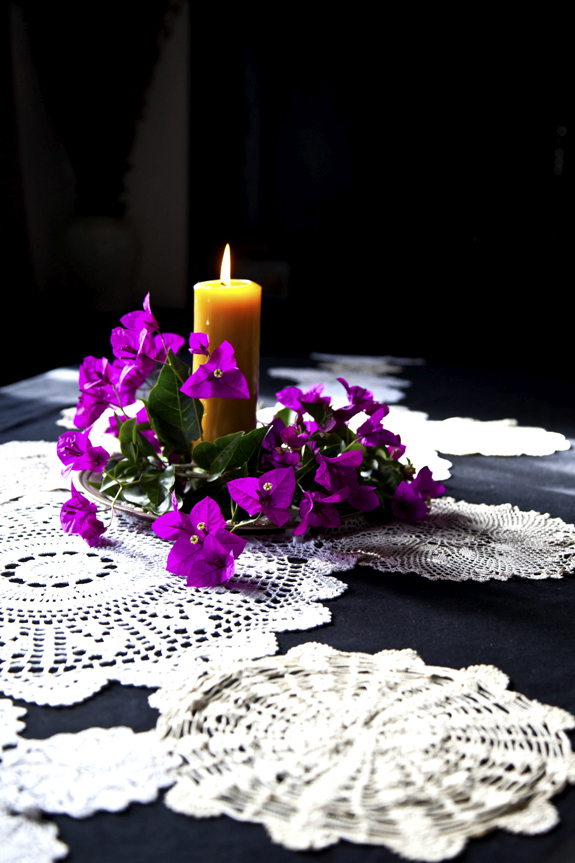As you watch water gurgle down your sink, shower or tub, you’ve probably thought about reusing in the garden or to flush the toilet. But beware: environmental health professionals advise caution.
Words Andy Kenworthy
As you watch water gurgle down the drain from your sink, shower, bathtub or washing machine, you’ve probably seen the potential for collecting and reusing it in the garden or to flush the toilet. But beware: environmental health professionals advise caution. Andy Kenworthy investigates.
The average New Zealander uses 74,000 litres of clean, fresh water every year—that’s an Olympic-size swimming pool full of water for every ten Kiwis. We could halve our water usage by recycling our ‘grey water’, the wastewater from our kitchens, laundries and bathrooms (but not toilets).
For those whose water supply is metered, recycling water saves money and would eventually repay the investment in a grey water system. Rural folk using tank water could save the expense of extra tanks or summertime water deliveries. Nationwide, it could reduce the cost to taxpayers of pumping grey water all over town for treatment.

We rely on fresh water for about 60 percent of our country’s electricity, for wildlife to frolic in and to attract the tourists, so reducing our water demands can only be a good thing. Done well, domestic grey water recycling could reduce the potential for large-scale pollution of our rivers and streams caused by failures in the sewerage infrastructure. But done badly, many small pollution problems are likely to pop up all over the place instead.
The rules and regulations
Efficient means of flushing away grey water were developed for sound health reasons. It requires filtration and treatment to remove hair, soap scum, and those strange bits of lint men keep in their belly buttons. Even treated grey water has been found to contain harmful bacteria. You can’t use it for cooking, bathing, brushing teeth or drinking, and you can’t swim in it. It’s strictly only for toilets and buried garden irrigation.
Contact your council before installing a system. You will require a building consent for plumbing and possibly a resource consent for discharges. Among other restrictions, your system will need to be a minimum distance from waterways and keep within maximum levels of discharge.
Under the Resource Management, Health, and Building Acts, you are responsible for any grey water that runs onto neighbouring properties or into waterways, so it is crucial that your system is installed, used and maintained as per the manufacturer’s guidelines. These may include, for example, cleaning the filter each time you use the washing machine.
You will need to ensure that no faecal matter contaminates your grey water. The water from soaking soiled nappies and children’s bath-time accidents should be flushed down the toilet. If someone in your family is ill, their grey water should also go straight into the sewer.
Despite the precautions, recycling grey water has some big environmental upsides. On top of the significant water savings, it’s a good reason to avoid using soaps or detergents that contain whitening compounds, enzymes or other ingredients potentially harmful to the environment. But the main benefit may be that if we become involved in processing the water we waste, we’ll become more careful about our use of this precious resource in the first place.
Andy Kenworthy

Getting started
You may already be collecting grey water in a bucket in the shower. This should only be used to flush the loo, preferably right after you finish showering (pour it into the toilet bowl to trigger a flush, not the cistern). You don’t want unfiltered grey water in your home for long: you washed yourself because you were dirty, right? And you need to clean the bucket with fresh water afterwards.
If you use a bath and want to save your bathwater, bucket it out immediately. Left in the bath, the water will evaporate, creating dampness and encouraging mould—and you’ll need extra water and cleaning products to remove the ring of soap scum.
Warning: Babies and toddlers can drown in buckets of water or unattended baths. If the water cannot be stored securely, don’t risk it.
Price: A few dollars for a plain bucket, or go for a snazzy camping one that folds up for storage. Ecostore sells an oblong bucket that can be kept in the sink for washing dishes ($47.95, www.ecostoredirect.co.nz)
Getting serious
The Watersmart Gully allows you to manually direct grey water into a garden irrigation system. The electric version allows you to do this with the flick of a switch.
Total price: From $2,500 for the manual system, $3,300 for the automatic
The next big thing
The Ecoplus system cleans and stores grey water for toilet flushing as well as for use in the garden.
Total price: $3,500





